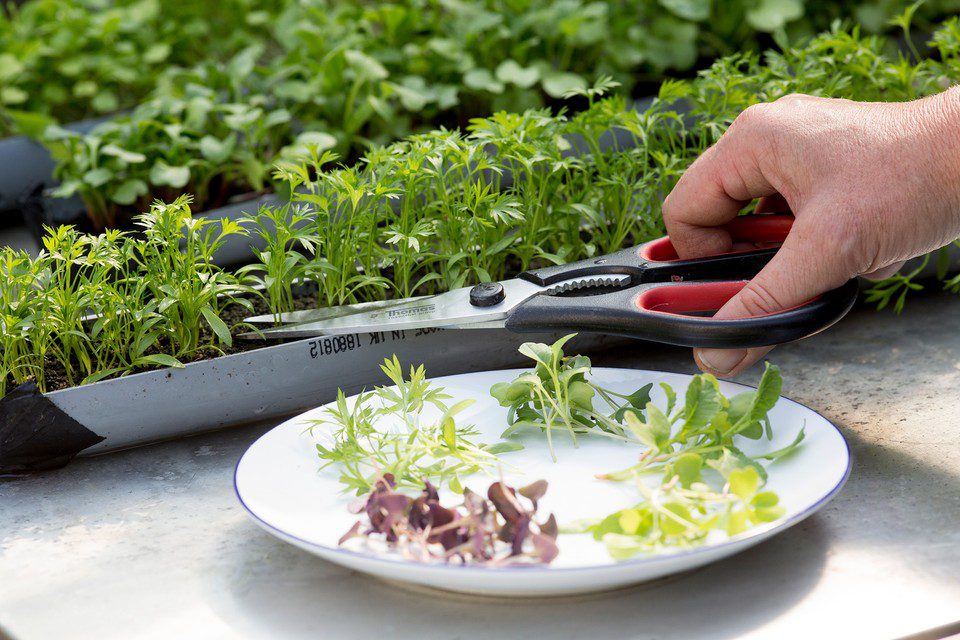The Different Types of Manure and How they Work
Today we are going to be discussing about the Different types of manure and how they work. Manure can be mainly grouped as farmyard manure, green manure, and compost manure. Different types of manure contain 26% solid.
The solid portion and liquid portions are segregated/broken/loosened and the solids are used for bedding. The carbon content and other elements can be used to generate different biofuels.
Manure contains a large number of fibers. The undigested animal feed, straw, sawdust, and other bedding contains a lot of fiber.
The followings are some of the important organic manures are given below:
• Cow dung
• Farmyard manure
• Compost
• Poultry manures
• Oil cakes
• Blood meal
• Meat meal
• Fish meal
• Vermicompost
• Green manures etc.
THE DIFFERENT TYPES OF MANURE USED BY THE FARMERS INCLUDES:
• Green Manure
• Compost Manure
• Farmyard Manure
GREEN MANURE
Green manure as part of the different types of manure and how they work will increase the percentage of organic matter in the soil.
The roots of such manures go deep into the soil and these help in the suppression of weeds and the prevention of soil erosion.
Green manuring is the practice of ploughing green plants into the soil for improving soil fertility. Green manure provides organic matter and nutrients such as Nitrogen and Phosphorous to the soil.
Green manure crops are formed in the field itself either as a pure crop, or as an intercrop with the main crop, and buried in the same field.
Green manures also referred to as fertility building crops can be broadly defined as crops grown for the benefit of the soil.
Some of the Green manure crops are:
Alfalfa, wheat, Cowpea, beans, Groundnut, Millet, Mustard, Radishes, Sesbania, Sorghum, and Soybean.
ADVANTAGES OF GREEN MANURE CAN BE DISCUSSED BELOW:
• Adding organic matter to the soil
• Increasing biological activity
• Improving soil structure
• Reduction of erosion
• Increasing the supply of nutrients (particularly by adding nitrogen to the system by fixation)
• Reducing leaching losses
• Suppressing weeds
• Reducing pest and disease problems
• Providing supplementary animal forage
• Drying and warming the soil
Read Also: The Different Types of Fertilizers and How they Work
COMPOST MANURE
Compost manure is a mixture of organic residues (manure, animal carcasses, straw, weeds, leaves, grasses, etc.) that have been piled, mixed and moistened to undergo decomposition.
Compost manure improves the soil structure and water and nutrient holding capacity of the soil. Thus, it increases the nutrient value and thus improves the health of the plants.
FARMYARD MANURE OR FYM
Farmyard manure or FYM improves the soil structure and is used as a natural fertilizer in farming. FYM increases the soil capacity to hold more water and nutrients. It increases the microbial activity of the soil to improve its mineral supply and also the plant nutrients.
It is a mixture of animal faeces/dung/urine like cattle dung, urine, litter or bedding material, a portion of fodder not consumed by cattle and domestic wastes such as ashes, etc. collected and dumped into a pit or a heap in the corner of the backyard.
It is allowed to remain there and rot until it is taken out and use to fields. Well rotten Farm Yard Manure or FYM contains O.5% Nitrogen, 0.2% Phosphorus and 0.5 % potassium.
FYM is a decomposed mixture of dung, and urine with straw and litter used as bedding material and residues from the fodder fed to the animals.
Farm manure is a valuable soil improver that enhances and restores a variety of natural properties of the soil.
SOME OF THE BENEFITS OF FARM YARD MANURE ARE:
• Increases soil fertility
• A natural source of available nitrogen
• Adds humus and nutrients to the soil
• Aids water and nutrient retention
• Helps break down heavy soils
• Adds structure to light and sandy soils
• Attracts worms to the soil
• Ideal for mulching
DISADVANTAGES OF MANURE
• The method of adding manures is known as manuring. Manuring must be done at regular intervals, otherwise, the plants become weak. However, the use of manure has several drawbacks too. They can be rather difficult to transport and not nutrient specific.
• Fresh manure has microbes in it that can be dangerous. It must be incorporated into the soil when it is aged or composted. Do not apply fresh manure to edible crops that will soon be harvested or store manure next to generate storage or handling areas.
• Manures are bulky with low nutrition content.
• Manures are inconvenient to handle, store and transport.
Am sure by now you must be aware of the The Different Types of Manure and How they Work.
Related: Importance of Rabbit Urine and How to Use it



